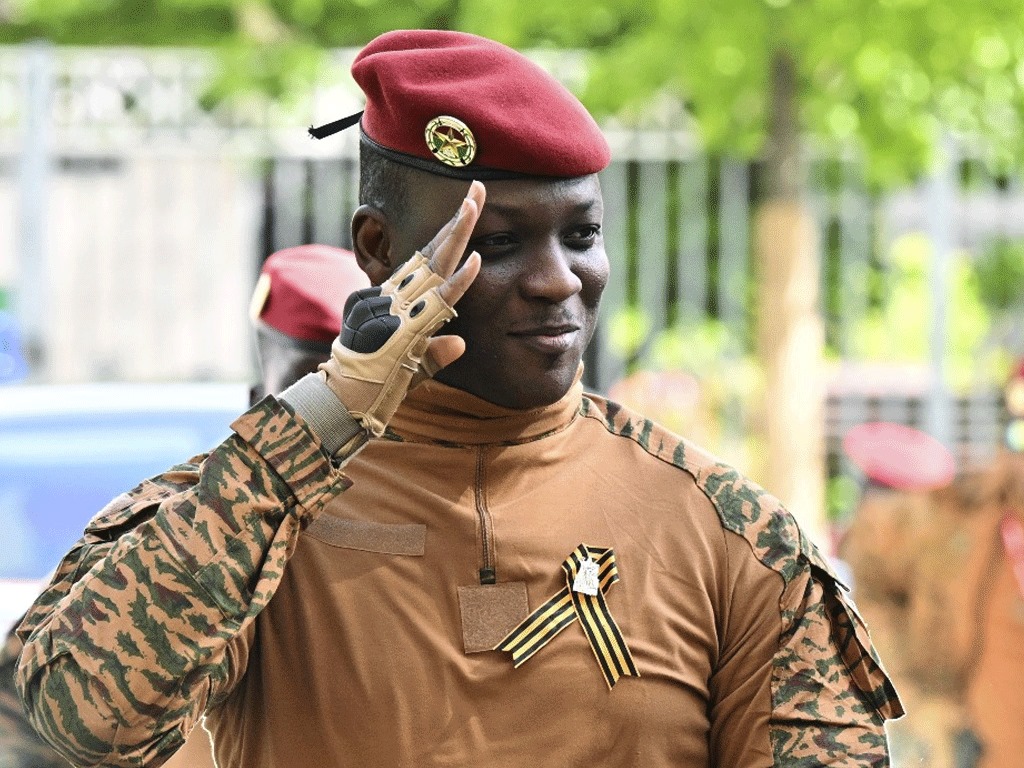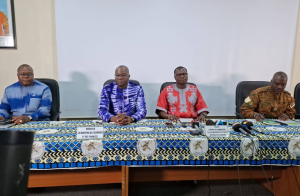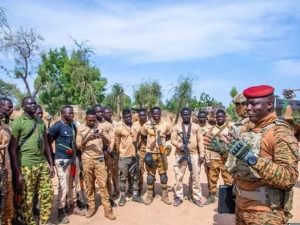Burkina Faso: How social programs became Burkina Faso’s security strategy

Amid persistent security threats, Burkina Faso’s transitional leader Captain Ibrahim Traoré is pioneering an unconventional governance model that treats social welfare as national defense. Since 2022, his administration has prioritized tangible improvements in healthcare, education, and agriculture alongside military operations delivering seeds to farmers, reopening schools in liberated areas, and upgrading military hospitals.
This approach reflects Traoré’s philosophy that stability requires addressing root causes of vulnerability.
His government operates through decentralized outreach, with provincial governors personally explaining policies to remote communities.
Notable initiatives include support for fallen soldiers’ families and large-scale distribution of agricultural inputs to boost food sovereignty.
While security challenges persist, this dual focus on military and social fronts marks a departure from conventional counterinsurgency playbooks.
Traoré frames these efforts not as charity but as strategic investments arguing that a nourished, educated population forms Burkina Faso’s most resilient defense system.
The model draws both domestic support and international skepticism. Yet in communities like Djibo, where schools have reopened after years of closure, residents report growing confidence in the state’s commitment.
As Burkina Faso’s transition continues, Ibrahim Traoré’s experiment suggests that in fragile states, social policy may be the ultimate security policy.
Olivier TOE






